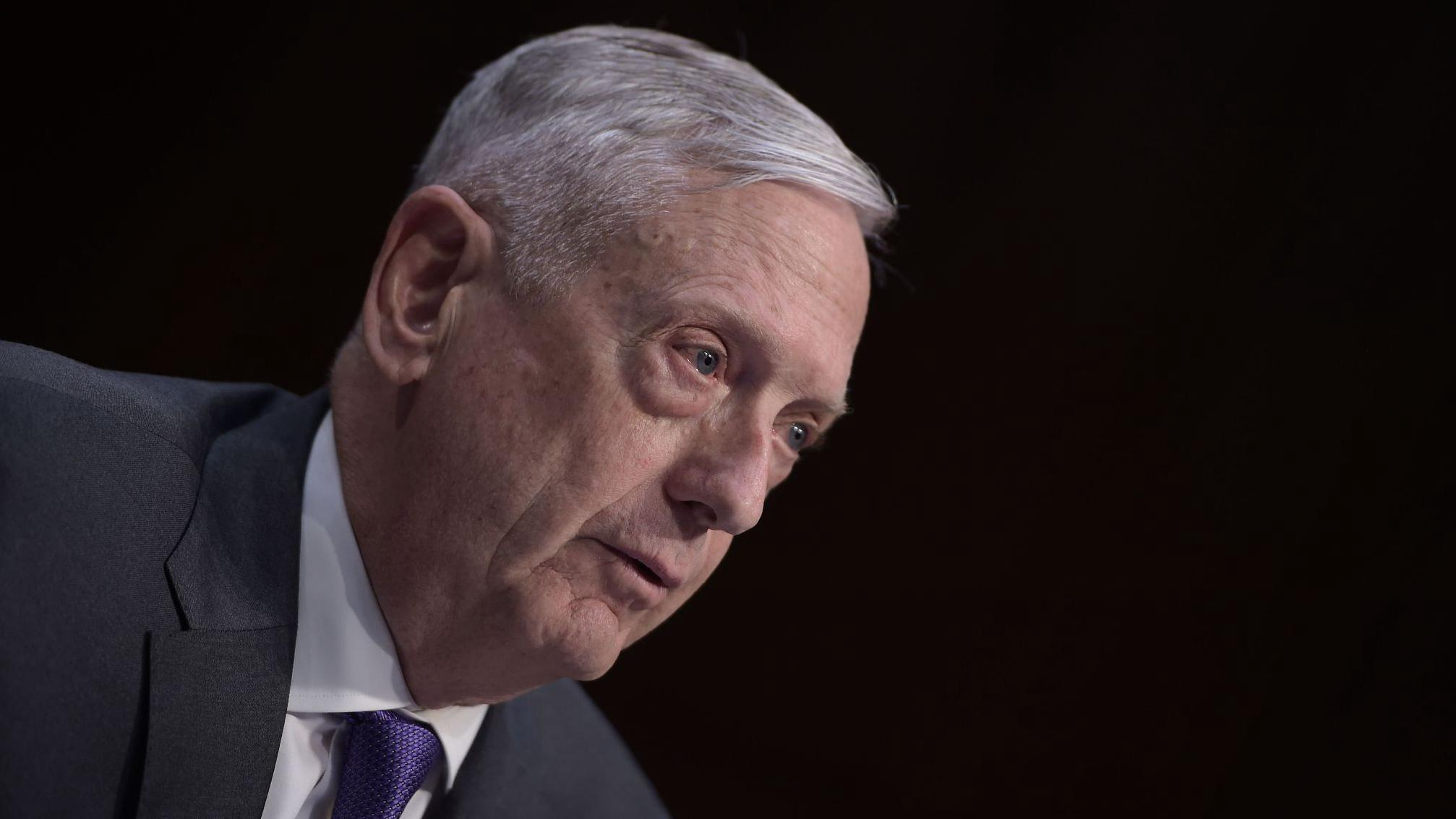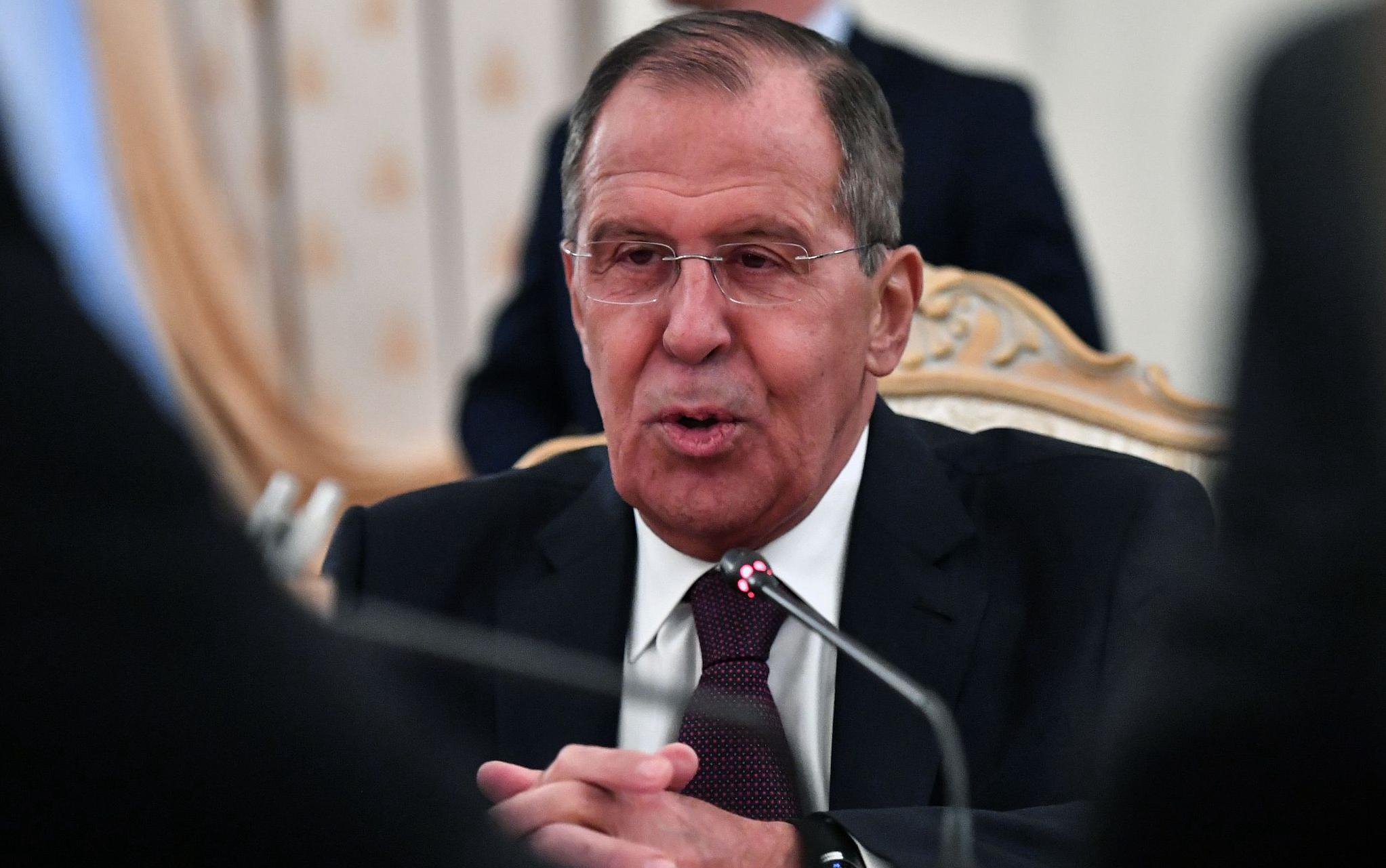
Politics
22:57, 28-Oct-2018
Mattis looks to calm European allies nervous about INF treaty
Updated
22:15, 31-Oct-2018
CGTN

US Defense Secretary James Mattis said on Sunday that the US was in consultation with its European allies on an arms control treaty, as NATO members urge Washington to try to bring Russia back into compliance with the pact rather than quit it.
"We are in consultations with our European counterparts, I was speaking about it the day before with the German defense minister, and so as I said the consultations continue," Mattis told reporters traveling with him to Prague.
US President Donald Trump said on October 20 that Washington planned to quit the Intermediate-Range Nuclear Forces (INF) treaty which Mikhail Gorbachev, the last Soviet leader, and former US President Ronald Reagan had signed in 1987.

Russian Foreign Minister Sergei Lavrov during a meeting with his Hungarian counterpart in Moscow, October 3, 2018. /VCG Photo
Russian Foreign Minister Sergei Lavrov during a meeting with his Hungarian counterpart in Moscow, October 3, 2018. /VCG Photo
Washington cited Russia's alleged violation of the treaty as its reason for pulling out and sent Russia an extensive list of questions a week ago.
Russia, in turn, accused Washington of breaking the pact and said it is working to answer US questions about the pact.
"Just a week ago, a couple of days ahead of the announcement of the (US) plan to leave the Intermediate-Range Nuclear Forces treaty, Americans via their embassy in Moscow sent the Russian foreign ministry an extensive list of questions which are a concern to them," Russian Foreign Minister Sergei Lavrov said on Sunday.
Earlier this week, Kremlin spokesperson Dmitry Peskov said that Trump's plans to develop new ballistic missiles after the US quits the landmark arms control pact were "extremely dangerous."
Mattis said he had asked his NATO counterparts after the last summit if they had any ideas on how to bring Russia back into compliance of INF treaty, but so far none had come back to him.
He will be meeting his Czech counterpart and Prime Minister Andrej Babis during a short trip to Prague.
Mattis said ministers from NATO would be meeting in Brussels in December and at that point, he would have some kind of "culminating point."
(With inputs from Reuters)

SITEMAP
Copyright © 2018 CGTN. Beijing ICP prepared NO.16065310-3
Copyright © 2018 CGTN. Beijing ICP prepared NO.16065310-3